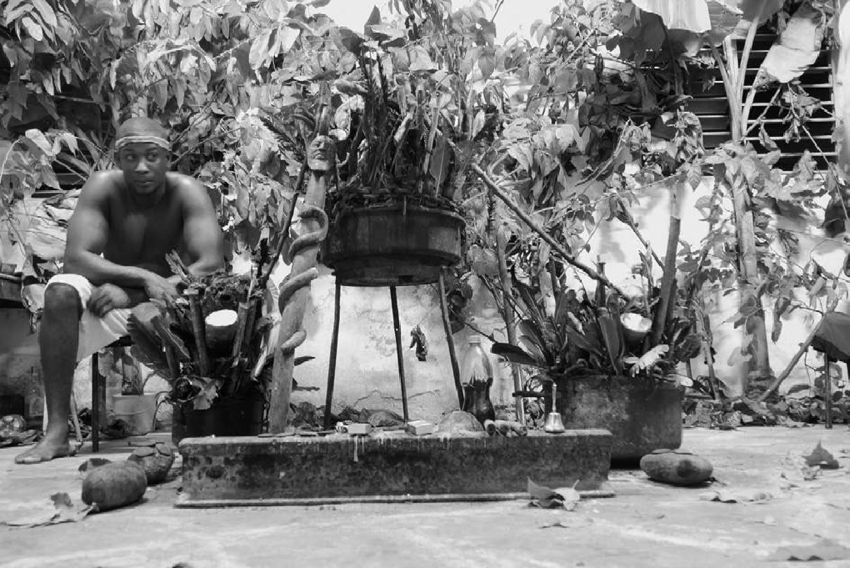
Theres a saying in Nkisi Malongo, “Los reyes descalzos” or “The Barefoot Kings.” This saying was in reference to Bakongo. There are two main reasons I have personally heard behind the saying but I’m sure there are others as we don’t all have the same lineages and stories. One involved Cuba and another was before that major turning point in our history. Both are actually valid reasons and it may be due to both, or one. If you have an elder, you should ask them why the saying came to be and what it means to them. Also you should not be here, learning from other elders.
The story that did involve Cuba was one that explains that in our history the Bakongo Ntotila (Continental Bakongo) had traditional practices that they held onto, regardless of their position in life. They worked their traditional religion barefoot. This gained them notoriety as the barefoot ones but didn’t establish the kings part. This is probably where the Cabildos entered. These councils did crown “Kings” of the Bakongo people in Cuba and bring about the moniker of “The Barefoot Kings.”
The other story that I have heard is one that extends further back is that when the Europeans arrived in Kongo dia Ntotila, they were wearing these funny shoes and the Bakongo were notorious for being barefoot. This difference meant next to nothing for the Bakongo but the Europeans had long since established shoes as a sign of class, a status symbol, a necessity for the “civilized world.” Upon landing on the coast and contacting people without shoes, they may have asked to speak with whomever was in charge only to find that they too were without shoes and the moniker of “The Barefoot Kings” could have been born.
It is important to note that being barefoot is just one aspect of a greater traditional dress code. The dress code is in place to remind us of our origins, remind us of our past and connect us to the ancestral spirits with which we work. It is a staple and critical part of our traditional religion that has existed for a very long time. Unfortunately it is widely misunderstood to the extent of people believing that they can just bypass the dress code on a whim. The only known and accepted excuses for the dress code within ceremony are old age and medical reasons. All others would be considered a sign of disrespect and breaking the dress code can lead to someone being asked to leave a ceremony.
In either scenario, it is easy to see that the name was originally meant as a slur and has in its current usage, been reclaimed as a badge of honor. We were the ones that raised kingdoms while barefoot. Its on the strength of our backs and our bare feet that the “civilized world” has come to be so amazing. When we work Nkisi Malongo, we do it with bare feet. We hold on to the tradition of our ancestors out of pride and preserve their dignity.
In fact, there are very few instances when you would see an actual Tata not have bare feet while within ceremony. Usually, there is a medical reasoning behind it. If you are able to, it is absolutely necessary to ground yourself in your traditional roots and remove your shoes when working ceremonies.